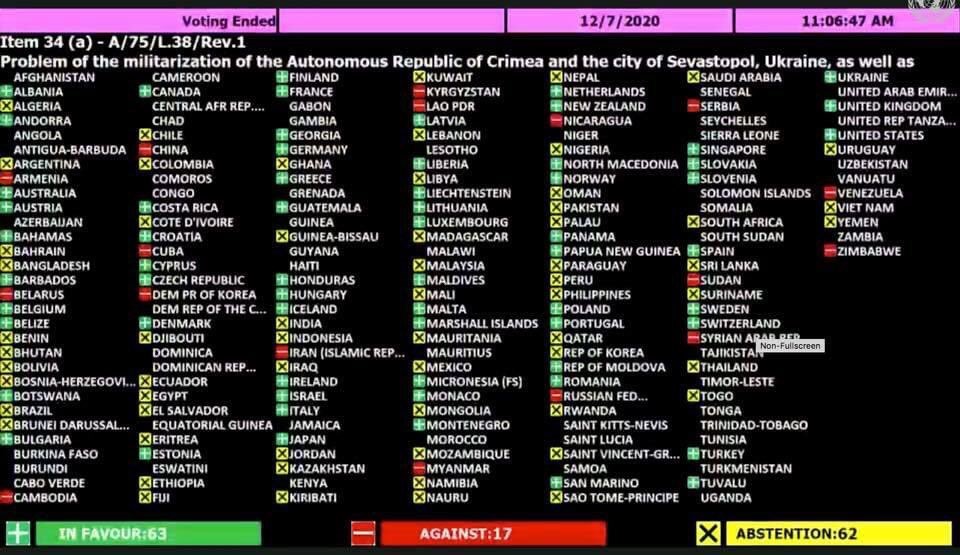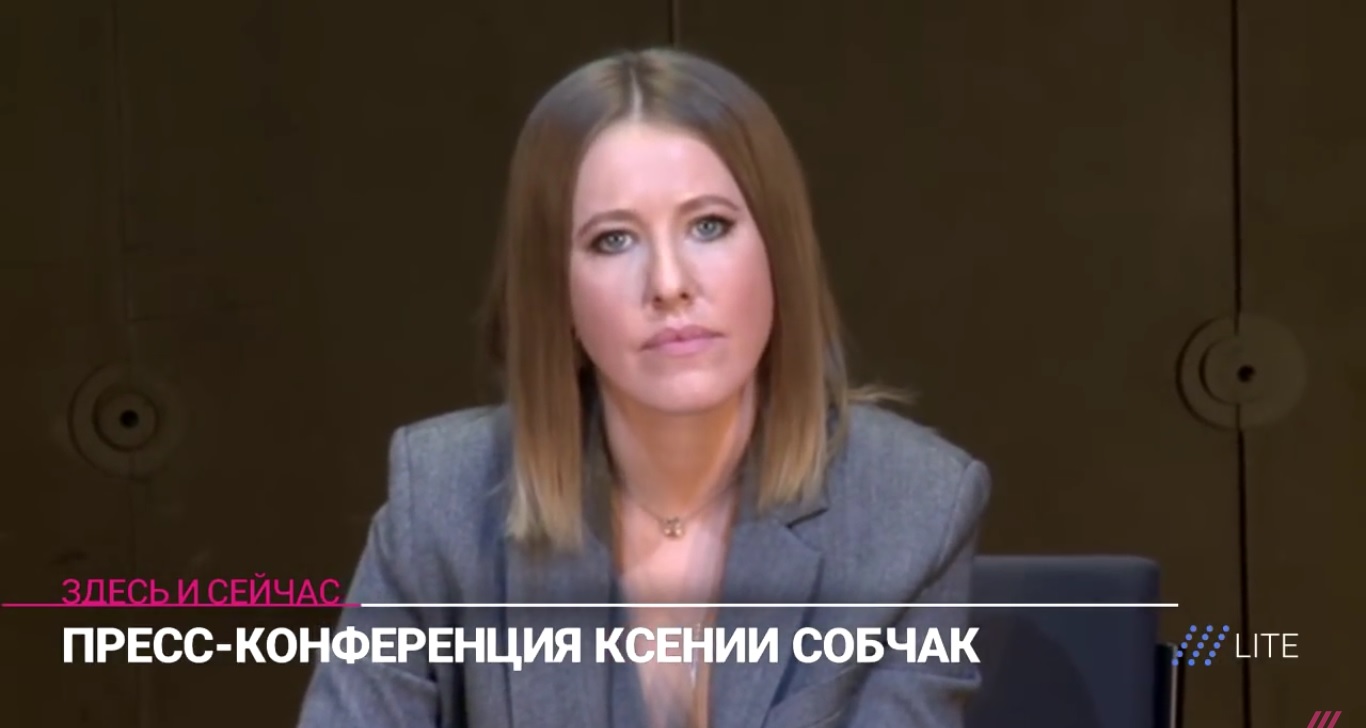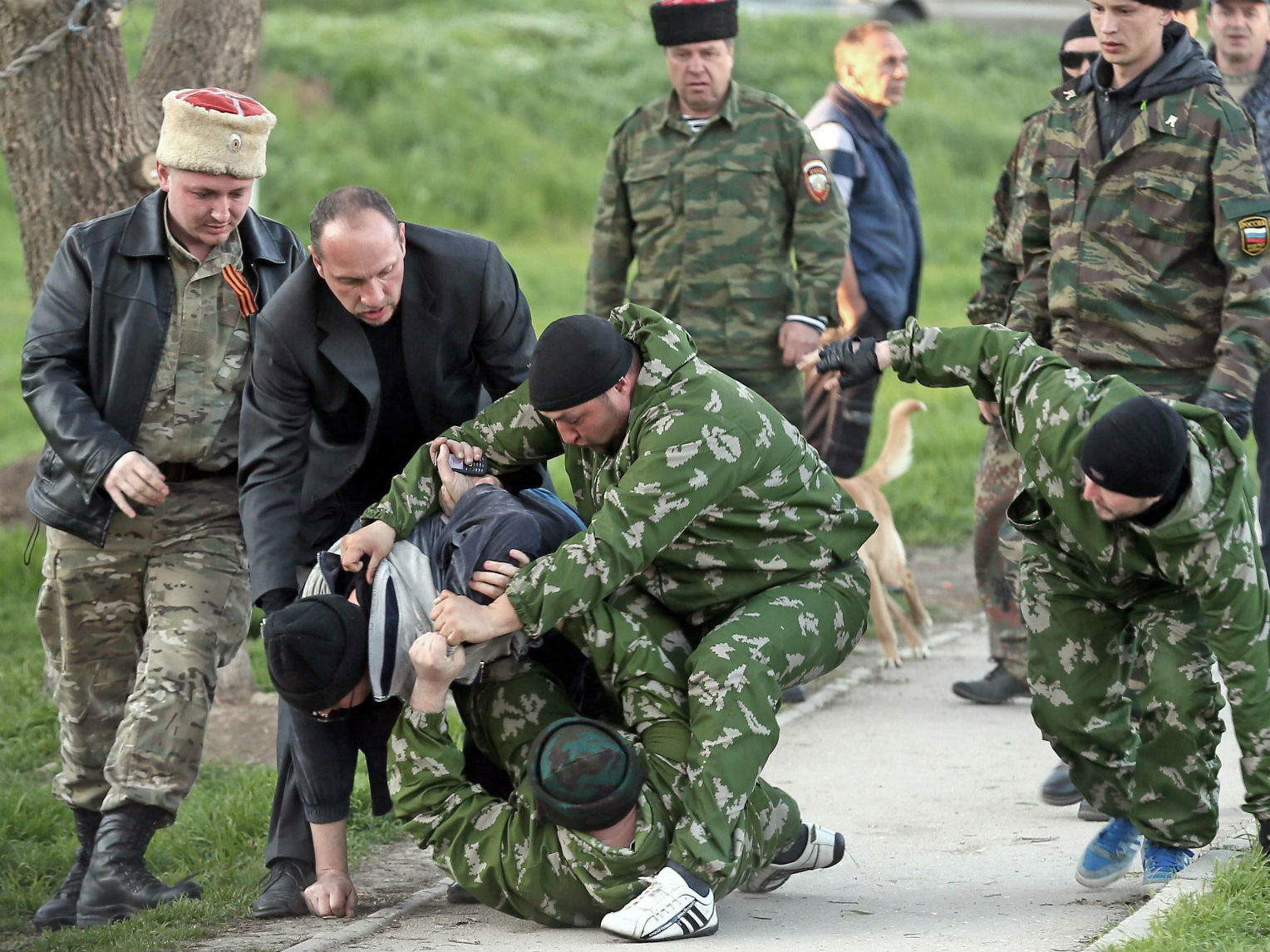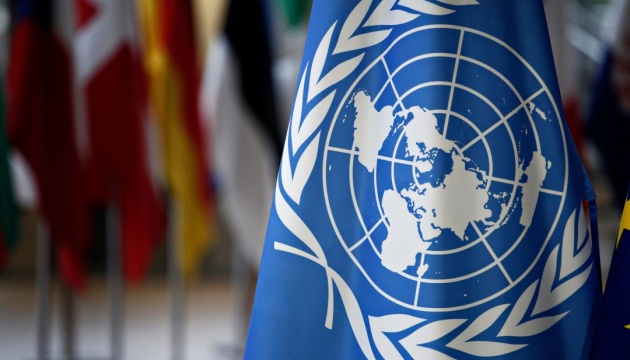“Of these 17,” writes Portnikov, “three are members of [Russia’s] Eurasian Economic Union [which has five members – Russian, Belarus, Kazakhstan, Armenia, and Kyrgyzstan, and three observer states – Moldova, Uzbekistan, and Cuba, – Ed.],” but “only three.” And not one of the other former Soviet republics, “including such traditional Russian allies as Kazakhstan and Tajikistan” voted as Russia wanted.
“Of the remaining 14, only two – Serbia and Myanmar – could be with qualifications listed as democratic,” Portnikov continues. Instead, Russia got support from dictatorships and fellow outcasts like Nicaragua, Venezuela, North Korea, and Zimbabwe who are less Russia’s allies than its comrades in isolation.
Meanwhile, in the UN Security Council where Russia has a greater voice as a permanent member, Moscow organized a discussion on the Donbas with representatives from its puppet regimes making presentations. In response, the Western countries refused to take part, and the US representative denounced what Moscow was doing.
Obviously, votes and meetings at the United Nations are not a perfect measure of a country’s status in the world; but when any regime so offends leading democracies and can only attract support from those who are dictatorships most find offensive, it can hardly be said to have the broad “international” support its propagandists and supporters invariably claim.
The resolution was supported by 63 countries in a vote on 7 December. 17 countries voted against, and 62 abstained. Among the supporters of the resolution were Britain, France, Germany, the United States, Australia, Canada, Türkiye, and the Baltic states. The 17 countries who voted against were Russia, Armenia, Belarus, Cambodia, China, Cuba, North Korea, Iran, Kyrgyzstan, Laos, Myanmar, Nicaragua, Serbia, Sudan, Syria, Venezuela, and Zimbabwe.
Further reading:
- FSB tortures detainees in occupied Crimea as law enforcement goes Soviet-style, UN report confirms
- Russia’s replacement of population in occupied Crimea violates Geneva Convention – UN report
- Why Ukraine’s new UN General Assembly resolution is important for returning Crimea and political prisoners (2018)
- The Resolution of United Nations on the Azov Sea and the diplomatic defeat of Russia (2018)
- UN officially recognized Russia as an occupying power in Crimea (2016)
- UN committee adopts resolution recognizing Russia as occupying power in Crimea
- The UN General Assembly Vote on Crimea: Background and Analysis (2014)








